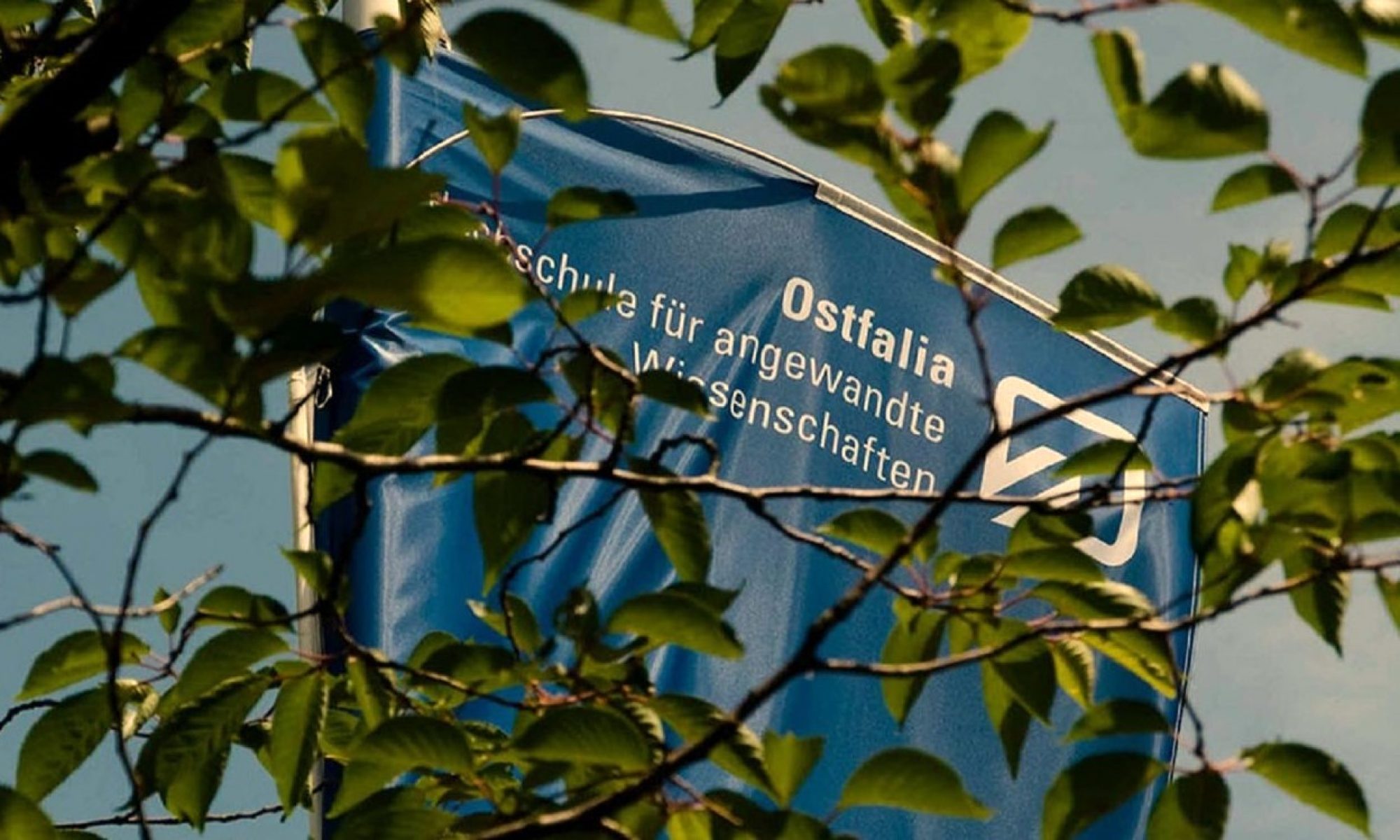Kirsi-Maria Rinneheimo & Daniela Velichová & Ion Mierlus Mazilu & David Luengo Garcia
kirsi-maria.rinneheimo@tuni.fi; daniela.velichova@stuba.sk; ion.mierlusmazilu@utcb.ro; david.luengo@upm.es
Tampere University of Applied Sciences, Slovak University of Technology in Bratislava, Technical University of Civil Engineering Bucharest, Technical University of Madrid
Abstract
In teaching technical subjects, it is important to get students to actively engage and build conceptually accurate basic images related to technical subjects. Research shows that using instructional design that utilizes educational technologies has great and recognized potential to increase students’ motivation, the attractiveness of the subject, promote active learning and improve learning outcomes (Kinnari-Korpela, 2019)( Kinnari-Korpela and Suhonen, 2017). Pedagogically well-implemented teaching can also reduce dropouts and increase the attractiveness. Various digital methods also increase accessibility, benefit students with learning difficulties and, help teachers meet the needs of diverse groups.
The Erasmus+ funded three-year DigiSTEM project, “Promoting Digital Learning in STEM Subjects,” aimed to increase digital and pedagogical competence of HEI educators and availability of digital resources in STEM subjects (Science, Technology, Engineering, and Mathematics). By increasing such competences of educators, it should give them tools and knowledge to produce and implement digital resources and activities for different personalised learning scenarios in pedagogically meaningful ways. Research has shown that students would like to use digital learning tools and methods more widely in STEM courses (Kinnari-Korpela and Suhonen, 2017)(Rinneheimo et al., 2022). Furthermore, the Digital Education Action Plan set by the Commission has a priority to make better use of digital technology for teaching and learning and the DigiSTEM project addressed this need.
The workshop aims to enhance the digital and pedagogical competence of mathematics teachers at technical universities. It offers free guides on digital pedagogy and instructional resources. Participants will learn to use digital tools like GeoGebra and Mathematica, create educational videos, and generate STACK exercises in Moodle. The workshop also covers online assessments, testing scenarios like Socrative, and other freeware resources. The greatest attention is always paid to didactic aspects and motivational effects that digital tools and resources can bring to improve the mathematical literacy of students in STEM fields.
Keywords
Engineering education, STEM subjects, digital learning and teaching, digital pedagogy.
References
Kinnari-Korpela, H. (2019). Enhancing Learning in Engineering Mathematics Education: Utilising Educational Technology and Promoting Active Learning.
Kinnari-Korpela, H. and Suhonen, S. (2017). How much is too much in e-materials? Case study in engineering. EDULEARN17 Proceedings (pp. 1512-1518). IATED.
Rinneheimo, K-M., Kinnari-Korpela, H., Velichová, D. and Rasteiro D. (2022). Promoting Active Learning in STEM Subjects. In Towards a new future in engineering education, new scenarios that european alliances of tech universities open up (pp. 2329-2331). Universitat Politècnica de Catalunya.
